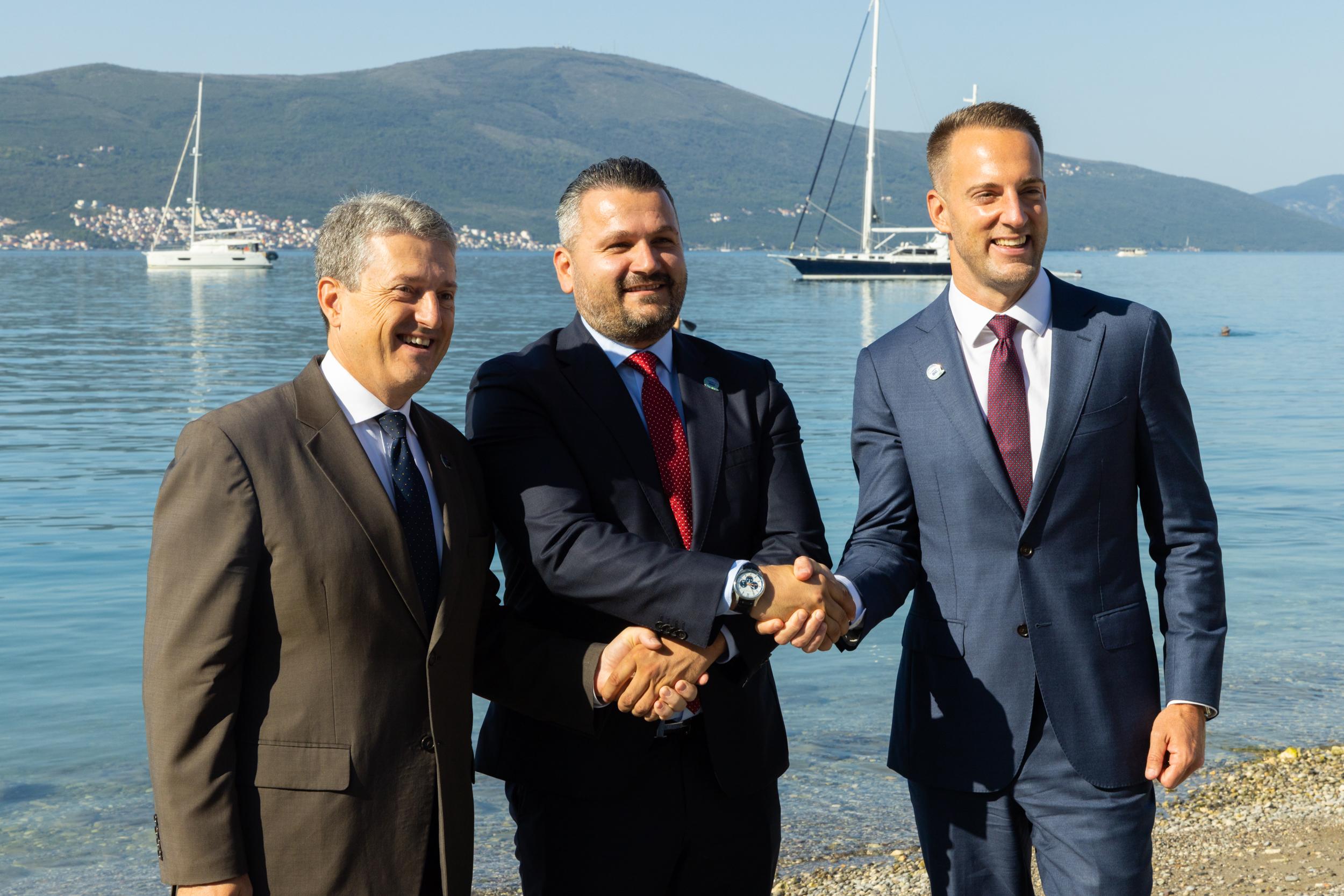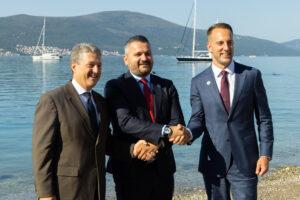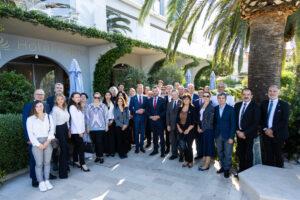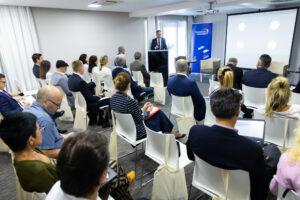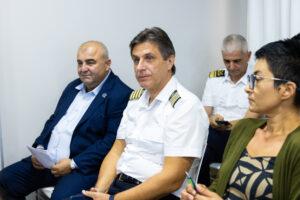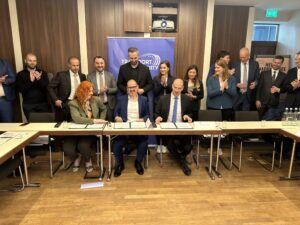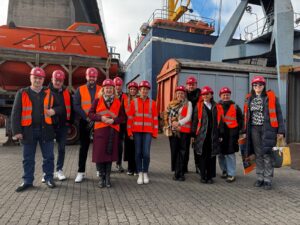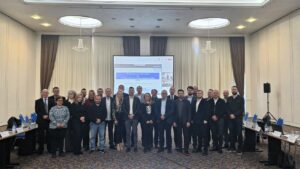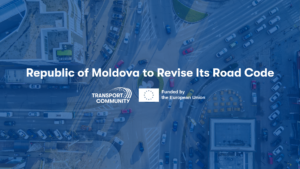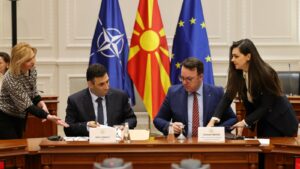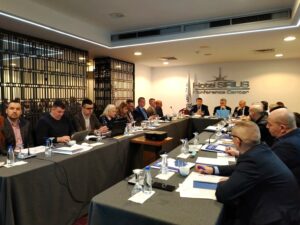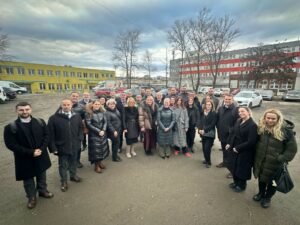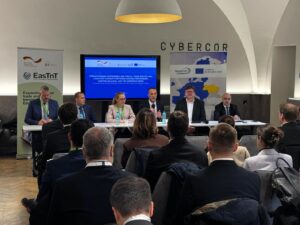TIVAT – On the occasion of World Maritime Day, celebrated on 28 September, the Transport Community, in collaboration with the International Maritime Organisation (IMO), the EU Directorate-General for Mobility and Transport, and the Ministry of Capital Investments of Montenegro, hosted a conference on green and sustainable maritime transport. The conference was followed by the 7th Meeting of Transport Community’s Technical Committee for Waterborne Transport and Multimodality.
Opening the conference, Dr. Ismet Latić, Secretary of State at the Ministry of Capital Investments of Montenegro, said that corridor development is a concept that Montenegro’s strategic partners increasingly support and that he believes that through the digitalisation of port operations, improving rail and road connections between the Port of Bar and its gravitational zone, Montenegro can attract a portion of the flows and maintain economic ties with the region. “An economically united region is also a guarantee for faster integration into the European Union,” he underscored.
“Maritime and inland waterway transport are essential for the European economy. They play a crucial role in delivering the energy products, raw materials and goods that we need. Maritime transport is in many respects irreplaceable,” Ms Fotini Ioannidou, Director at the DG MOVE, pointed out and added that the TCT members and observes can count on the support of the Directorate General for Mobility and Transport of the Commission, with the assistance of the European Maritime Safety Agency, in implementing the maritime policies and progressing towards decarbonisation.
Mr. Ivaylo Valev, Head of Eastern Europe Section of the International Maritime Organisation, pointed out that shipping is evolving and that it must embrace decarbonisation, digitalisation, and innovative technology, including automation – while ensuring the human element is kept front and centre of the technological and green transition to ensure a sustainable planet for future generations.
Addressing the participants, Mr Matej Zakonjšek, Transport Community Director pointed out that the organisation’s Action Plan for Waterborne Transport and Multimodality identifies actions with clear benefits. “Together with our partners we are tirelessly working on harmonising regulations, enhancing safety, and promoting maritime sustainability across the region. This will make our region more connected and closer to the EU,” he pointed out.
The World Maritime Day conference brought together experts, policymakers, and stakeholders from the maritime industry to discuss sustainable maritime transport through integrated maritime policies and governance. It also deliberated as the ways of digitalising and greening the ports. Through discussions, presentations, and networking opportunities, participants charted a path forward for a greener and more sustainable maritime future in the Western Balkans.
Following the morning conference, the 7th Technical Committee Meeting for Waterborne Transport and Multimodality took place, providing a platform for in-depth discussions and collaborative efforts to enhance waterborne transport and multimodality in the region.
This year’s World Maritime Day theme, “MARPOL at 50 — Our commitment goes on,” underscores the longstanding dedication to safeguarding the environment from the impacts of shipping through a robust regulatory framework. The theme particularly highlights the International Convention for the Prevention of Pollution from Ships (MARPOL), which addresses the prevention of marine pollution by ships due to operational or accidental causes.
International shipping serves as the lifeblood of global trade, transporting over 80 percent of goods across the world. It is the most efficient and cost-effective mode of international transportation, fostering economic growth and prosperity worldwide.
Photo: Ministry of Capital Investments of Montenegro

